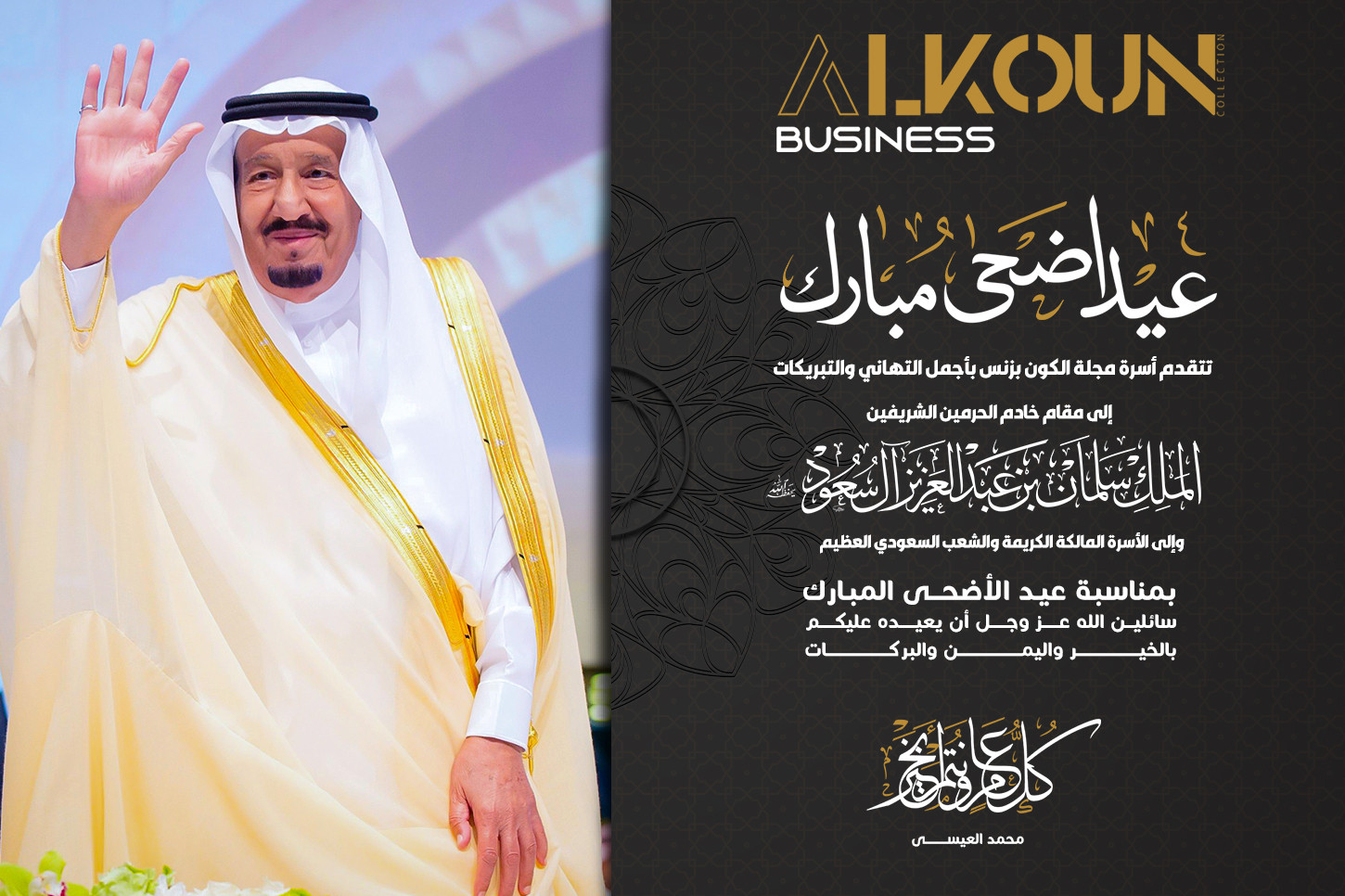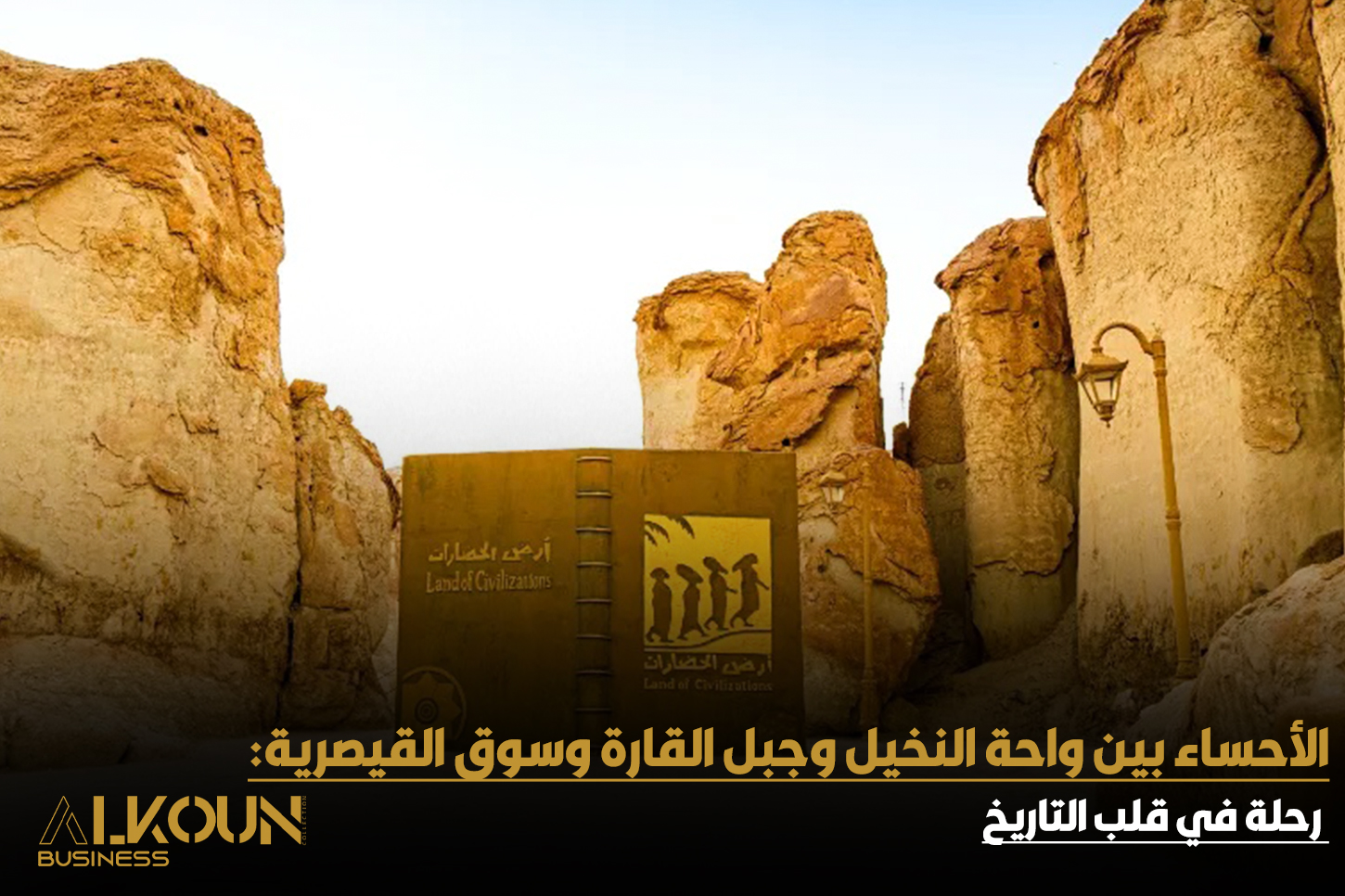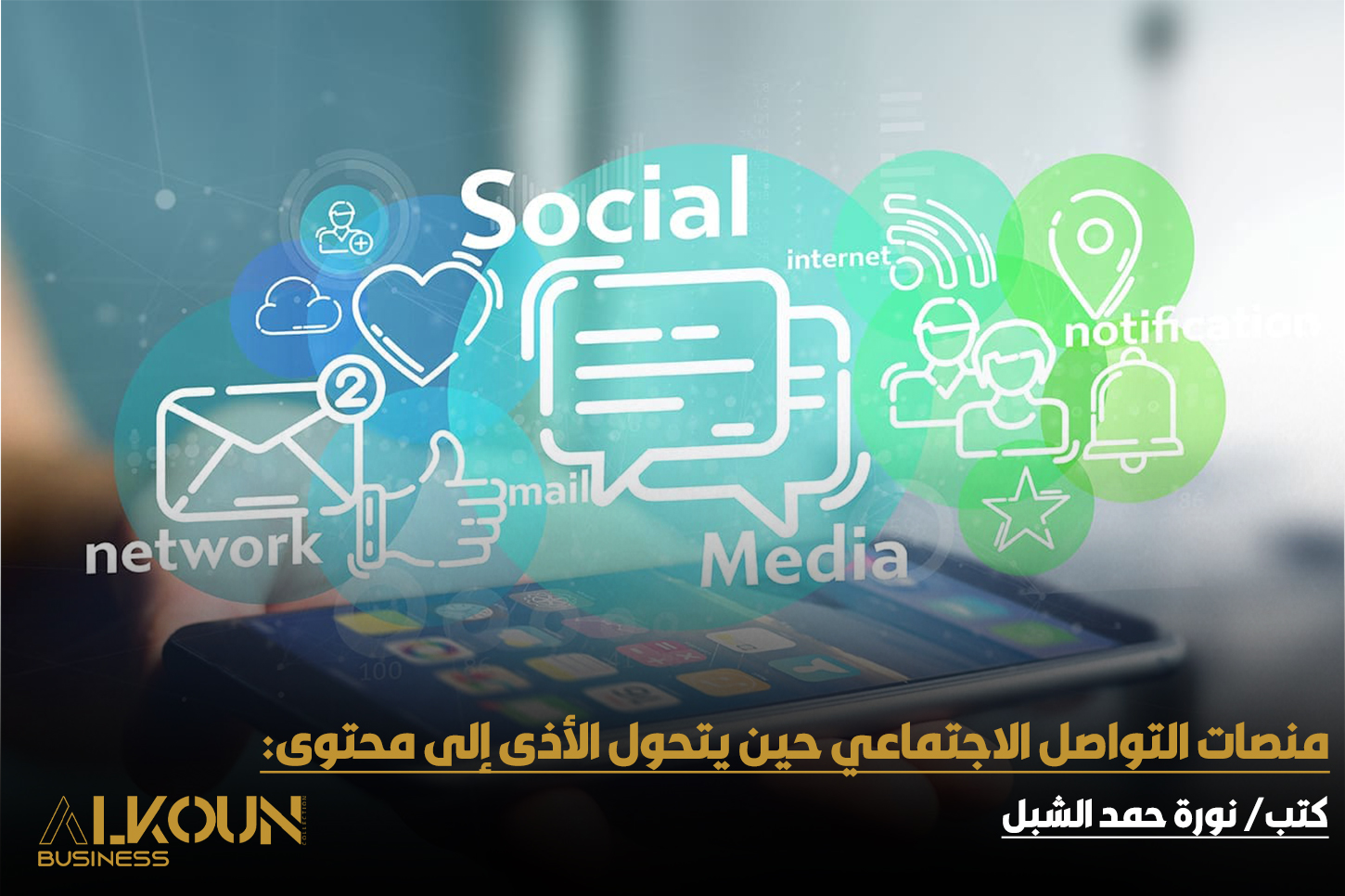Talal Abu-Ghazaleh
The pandemic has taken a heavy toll on the world and has affected business sectors across the globe in a manner that has been quite alarming. In an attempt to minimize the impact the pandemic brought, businesses desperately turned to digital technologies to maintain some level of operation through what was a testing time for us all. This was done in many instances in a haphazard, random manner with little planning.
For us at TAG.Global, the pandemic brought minimal disruption as IT has been woven into the fabric of the organization, meaning that we had the productivity tools in place to continue business with our clients around the world. Many organizations however were not so lucky and suffered quite badly as a result of not having a robust IT infrastructure and well qualified digital knowledge workers in place which could absorb the shock that COVID brought.
Post pandemic, I believe that all of us, particularly those that were not adequately prepared, should carefully analyze what happened over the past two years in order to better prepare ourselves for the future. I have been asked by many international organizations and committees about what questions they should now be asking to better prepare for the future. I would start of by asking:
• Were our organizations prepared for remote working both from technology and personnel perspectives?
• Did our investments in IT technologies pay off during this time of crisis?
• In hindsight, what capabilities were lacking that we need to have in place to avoid a similar situation in the future?
I believe that each one of us needs to be shifting mindset and thinking about how we can turn our companies into IT companies. This is what I did when I established Abu-Ghazaleh Intellectual Property (AGIP). AGIP is an IT firm whose management are IT professionals, ensuring that technology is part of its every operations as the largest intellectual property firm in the world.
Modern technologies such as AI, the cloud, remote working technologies and others, provide useful ways to make workplaces smarter, more agile and responsive to change. The key is to put together an IT strategy and start investing in this flexibility so that all the elements are in place to ensure that business continues hindered during challenging times.
Having assisted many international organization develop IT strategies to enable their digital transformation efforts, I would suggest that organizations use the following as a framework to help develop a pragmatic IT strategy that can be developed easily and rapidly:
• Identify what key business processes and activities need to be functional during a crisis. This should include people, processes and technology.
• Perform a gap analysis of where your company currently stands in relation to the required capabilities. This will help to identify strength weakness, opportunities and threats to help identify gaps.
• Identify projects that can be implemented to mitigate the gaps which should be developed with SMART principles in mind along with budgetary costs.
• Put together a project plan for the prioritization and implementation of these projects with support from C level management
Our IT consultancy firm TAGITI, have quite often found that engaging in such projects proves to be a useful for management as it provides a 360 degree view of the organization, its capabilities, as well as what processes/departments may be out of shape and need improving. When running an organization, it is all too easy to get lost in the daily management of it. Undertaking an exercise like this allows for issues to be identified and improvements to be made.
To this end, I extend the expertise of my IT consultants to any organization looking to develop a robust IT strategy in an independent and non-partial manner to enable them to go digital in the new normal.
Going Digital in the New Normal































